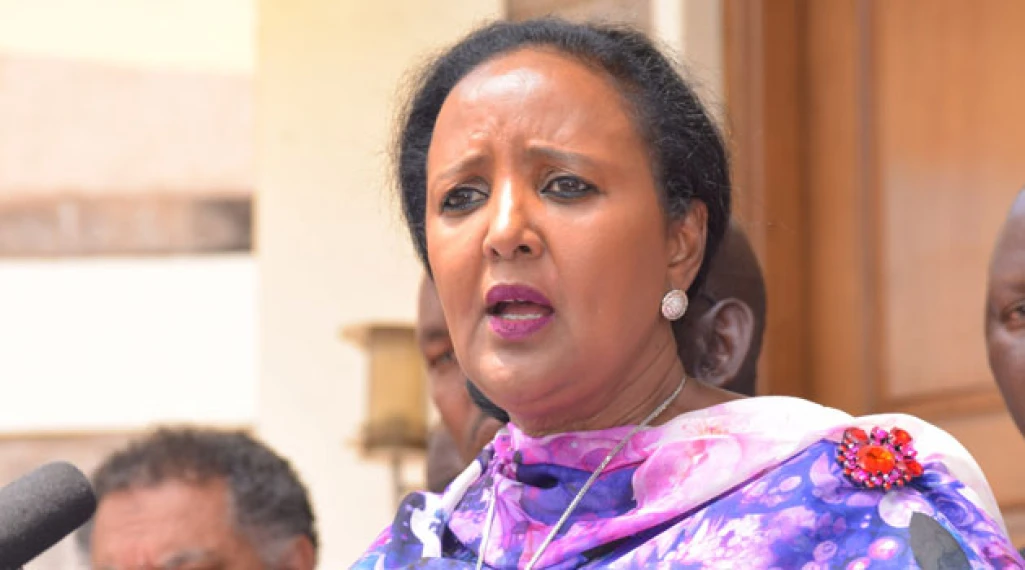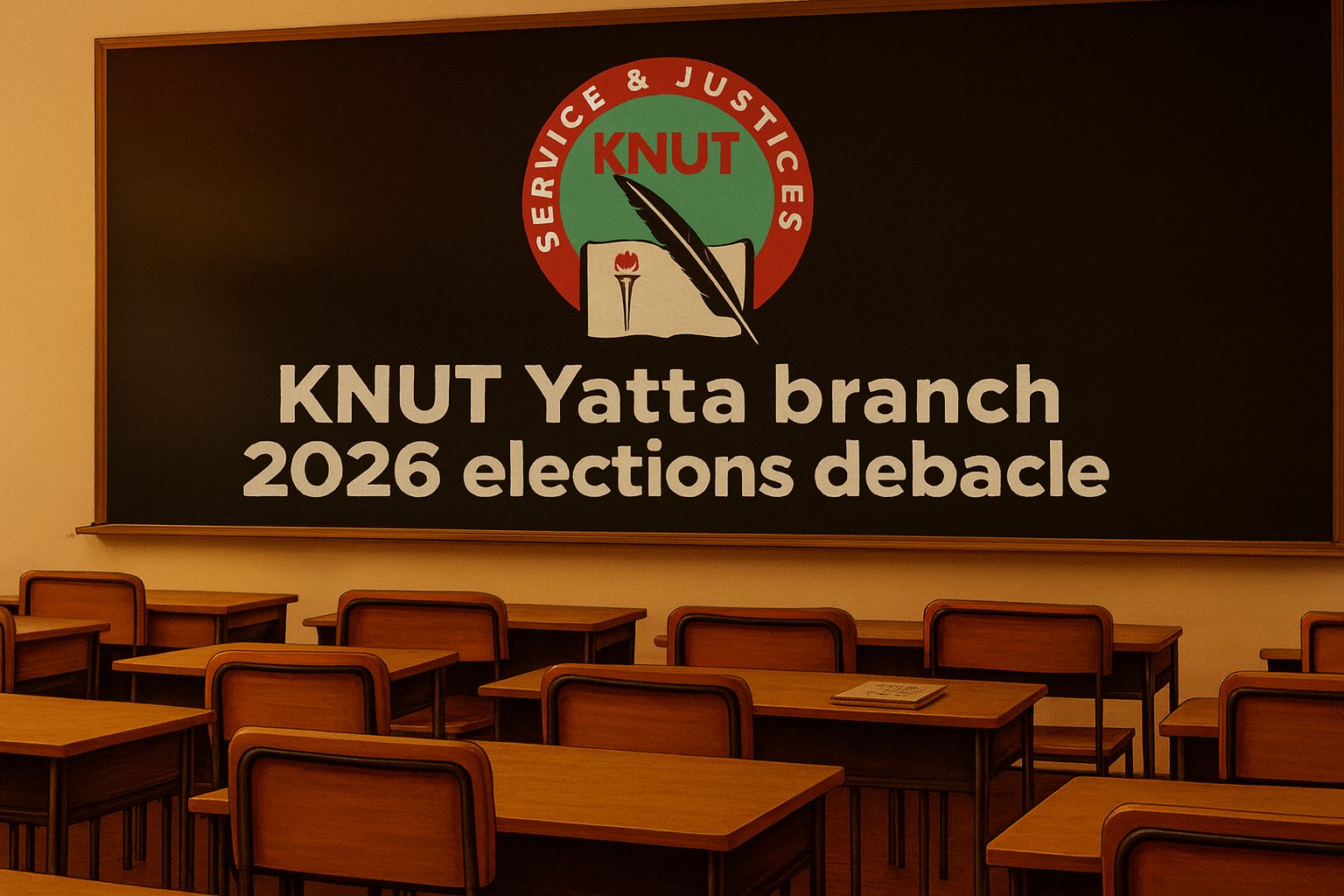Teachers across the country are in a state of shock after it emerged from the Senate hearing on an impeachment motion that most MCAs are deficient in both Kiswahili and English.
Their concern followed an impeachment motion against the Kericho Governor, which was being heard at the Senate Assembly.
Speaking to Education News Friday evening, the teachers were shocked to the marrow of their bones when a member of the county assembly fumbled as he tried to talk until he requested to speak in vernacular.
“We teach our learners how to speak and write good English and Kiswahili, but where do the same skills evaporate to after school?” asked John, a teacher at Kericho county.
READ ALSO:
How school leaders can free up teachers’ time for planning and rest
Some teachers have come out to blame the lack of reading culture and reliance on local media stations by different communities that have greatly influenced proficiency in Kiswahili and English.
“There’s a poor reading culture amongst Kenyans. The Kericho case has further shown that our leaders are not exceptional. Something must be done to raise the standards of language proficiency in our county assemblies,” commented Madam Naliaka from Bungoma.
Failure by members of the county assembly to master the two parliamentary languages has been blamed for the lack of quality debates in the county assembly.
This has resulted in the passage of very few bills and has impacted development in the counties. The teachers further wondered how education would be if devolved as proposed by the former premier.
“If by bad luck education is devolved to counties and then the quality of MCAS we saw fumbling with the basics of the language, then we will go back to the early sixties as a country,” said Okumu, a secondary school teacher from South Nyanza.
By Naboth Murunga.
You can also follow our social media pages on Twitter: Education News KE and Facebook: Education News Newspaper for timely updates.
>>> Click here to stay up-to-date with trending regional stories
>>> Click here to read more informed opinions on the country’s education landscape






